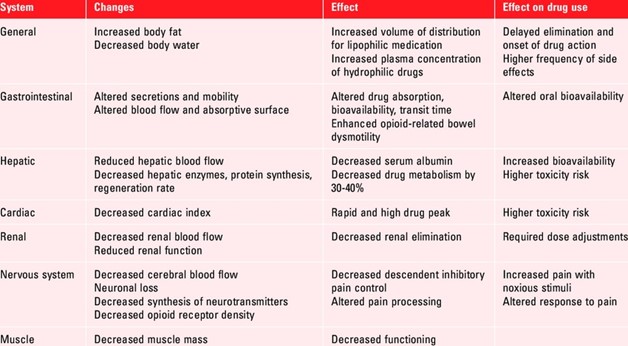A nurse is caring for a client who is near death. Which of the following actions should the nurse take?
Administer scheduled pain medications
Provide oral care every 6 hours.
c) Administer liquids using a syringe.
Whisper when talking to family members.
The Correct Answer is A
The nurse should administer scheduled pain medications to a client who is near death. This is an important nursing intervention to ensure that the client is comfortable and free from pain.
b) Providing oral care every 6 hours is important, but it may not be the highest priority for a client who is near death.
c) Administering liquids using a syringe may not be necessary or appropriate for a client who is near death.
d) Whispering when talking to family members is not necessary. The nurse should communicate openly and honestly with the family members.
Nursing Test Bank
Naxlex Comprehensive Predictor Exams
Related Questions
Correct Answer is A
Explanation
The initial diphtheria, tetanus, and pertussis (DTaP) vaccine is indicated for a 2-month-old infant. The DTaP vaccine is typically administered as a series of doses starting in infancy to provide protection against diphtheria, tetanus, and pertussis (whooping cough).
The recommended schedule for the DTaP vaccine includes a series of doses at 2, 4, and 6 months of age, with additional booster doses given later in childhood. Therefore, the first dose of DTaP is given to infants at 2 months of age.
The other options are incorrect because:
b) A 4-month-old infant: By 4 months of age, the second dose of the DTaP vaccine should be administered, not the initial dose.
c) A 6-month-old infant: By 6 months of age, the third dose of the DTaP vaccine should be administered, not the initial dose.
d) A 15-month-old toddler: By 15 months of age, the toddler would have already received multiple doses of the DTaP vaccine as part of the recommended series. The initial dose is typically given earlier, at 2 months of age.
Correct Answer is D
Explanation
As individuals age, there is a natural decline in kidney function. This can result in a reduced ability to filter and excrete medications and their metabolites from the body. The decreased kidney function can lead to a longer half-life of medications, increased drug accumulation, and an increased risk of adverse drug reactions. It is important for the nurse to adjust medication dosages and frequencies based on the individual's renal function to prevent drug toxicity.
Increased liver function: Aging is associated with a gradual decline in liver function. While there may be some individual variations, in general, liver function decreases rather than increases with age. However, changes in liver function can affect the metabolism and elimination of medications. Some medications may require dosage adjustments based on liver function, but it is not a common physiological change in older adults.
Increased metabolism: Aging is generally associated with a decrease in metabolism rather than an increase. The metabolic rate tends to slow down with age, which can affect the pharmacokinetics of medications. Slower metabolism can result in medications taking longer to be metabolized and cleared from the body, potentially leading to prolonged drug effects.

Whether you are a student looking to ace your exams or a practicing nurse seeking to enhance your expertise , our nursing education contents will empower you with the confidence and competence to make a difference in the lives of patients and become a respected leader in the healthcare field.
Visit Naxlex, invest in your future and unlock endless possibilities with our unparalleled nursing education contents today
Report Wrong Answer on the Current Question
Do you disagree with the answer? If yes, what is your expected answer? Explain.
Kindly be descriptive with the issue you are facing.
